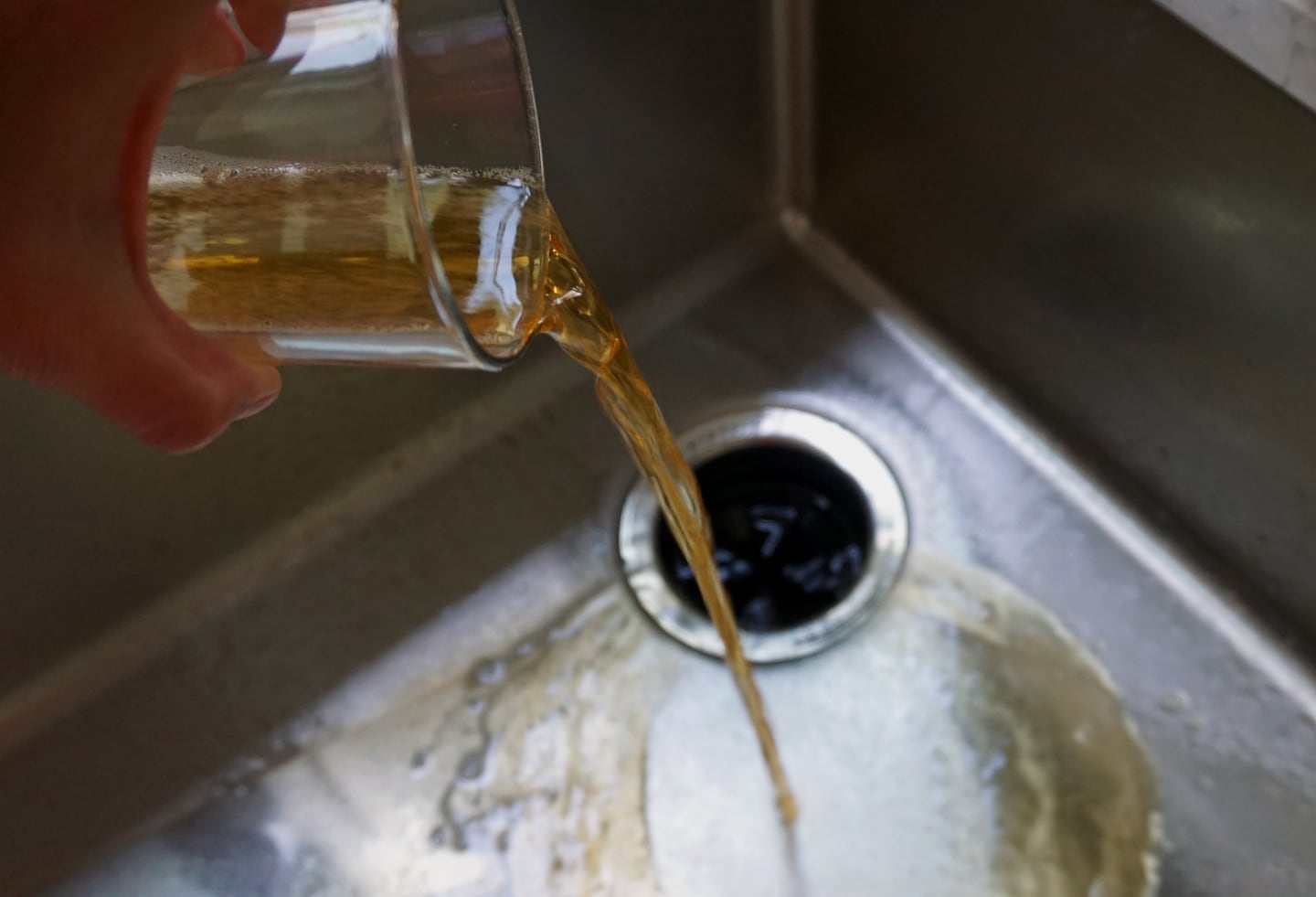Researchers focused on 614 participants who took online surveys about their alcohol use from mid-February to mid-May 2022. Participants were an average of 21.5 years old, and the majority were White (64.5 percent) and male (54.2 percent). About 65 percent were college students.
Among the respondents, 49.9 percent said they were moderate drinkers, with 31.5 percent reporting binge drinking five to nine drinks in a row in the prior two weeks and 18.6 percent reporting “high-intensity drinking” of 10 or more drinks on a day in the previous two weeks, researchers at the University of Michigan’s Institute for Social Research and Texas State University report. The study was funded by the National Institute on Alcohol Abuse and Alcoholism and the National Institute on Drug Abuse.
The top reasons participants gave for not drinking on a given day were “I wasn’t interested in drinking” (83.4 percent of non-drinking days), followed by “I didn’t want to get drunk” (81.8 percent) and “I don’t usually drink on this night of the week” (58.7 percent, mostly Sunday through Thursday).
On more than half of non-drinking days (58.4 percent), participants said they didn’t drink because they didn’t want alcohol to interfere with school or work, and nearly half of non-drinking days (48.8 percent) occurred because the survey participants said they needed money for things other than alcohol.
There were other reasons, too: On about 12 percent of the non-drinking days, participants said they didn’t drink because they used another drug instead; of those who opted for another drug, 81.8 percent said they used cannabis.
People’s motives for drinking were associated with the reasons they said they didn’t drink on a given day, researchers found. For example, those who said they drank to fit in with a group were likelier to say they passed up alcohol because there was no one to drink with, and those who said they drank for pleasure were likelier to report using other drugs on days they didn’t drink. Hispanic participants were likelier to say they didn’t drink because they didn’t want alcohol to interfere with school or work than their White counterparts.
Though there is plenty of research covering the reasons people decide to drink alcohol, the researchers write, “reasons not to drink are surprisingly understudied.”
A better understanding of the personal and social factors that push people to turn down alcohol could help future researchers craft more effective public health messaging, they note.
#Young #adults #gave #range #reasons #avoiding #alcohol #periodically,
#Young #adults #gave #range #reasons #avoiding #alcohol #periodically
